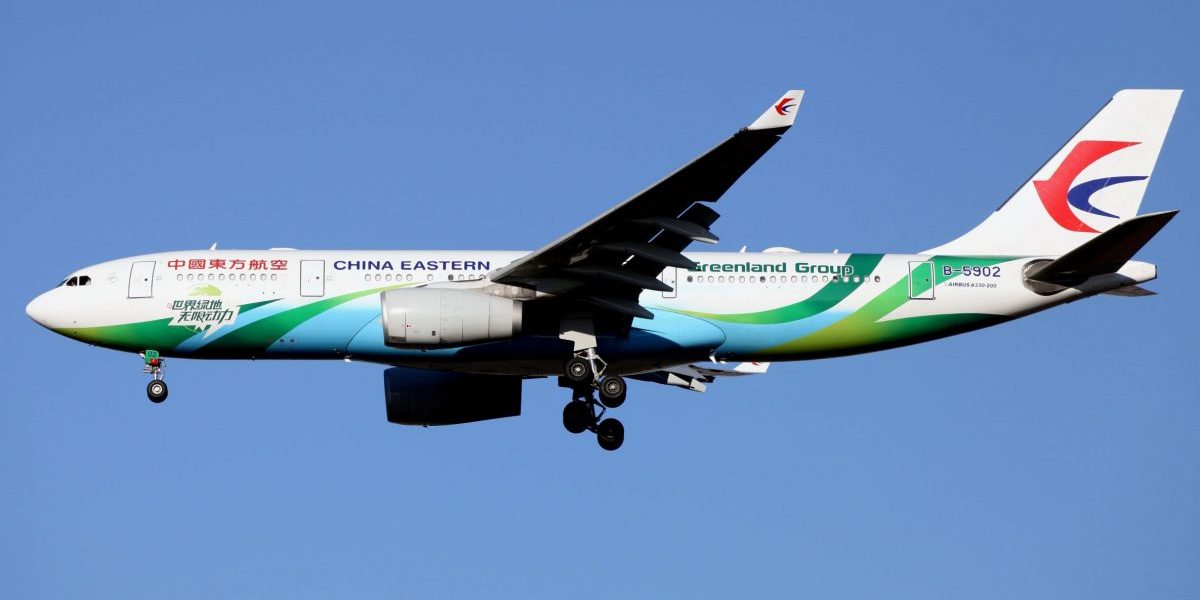This policy brief explores what we know about the legal aspects of Chinese lending, including the waiver of sovereign immunity and the consequences thereof, and provides policy recommendations. In early 2017, the term ‘Chinese Debt Trap Diplomacy’ entered the global lexicon. Chinese lending, this view contends, was deliberately indebting borrowers so that China could gain strategic advantages, including mineral concessions and ports. When, facing a balance of payments crisis, Sri Lanka privatized 70 percent of a Chinese—financed port to a Chinese firm, most of the five loans that financed the port were still in their grace periods, so the debt burden was relatively modest. Yet some reporters described the decision as a foreclosure: ‘Beijing seized a strategic seaport in Sri Lanka as collateral.’








